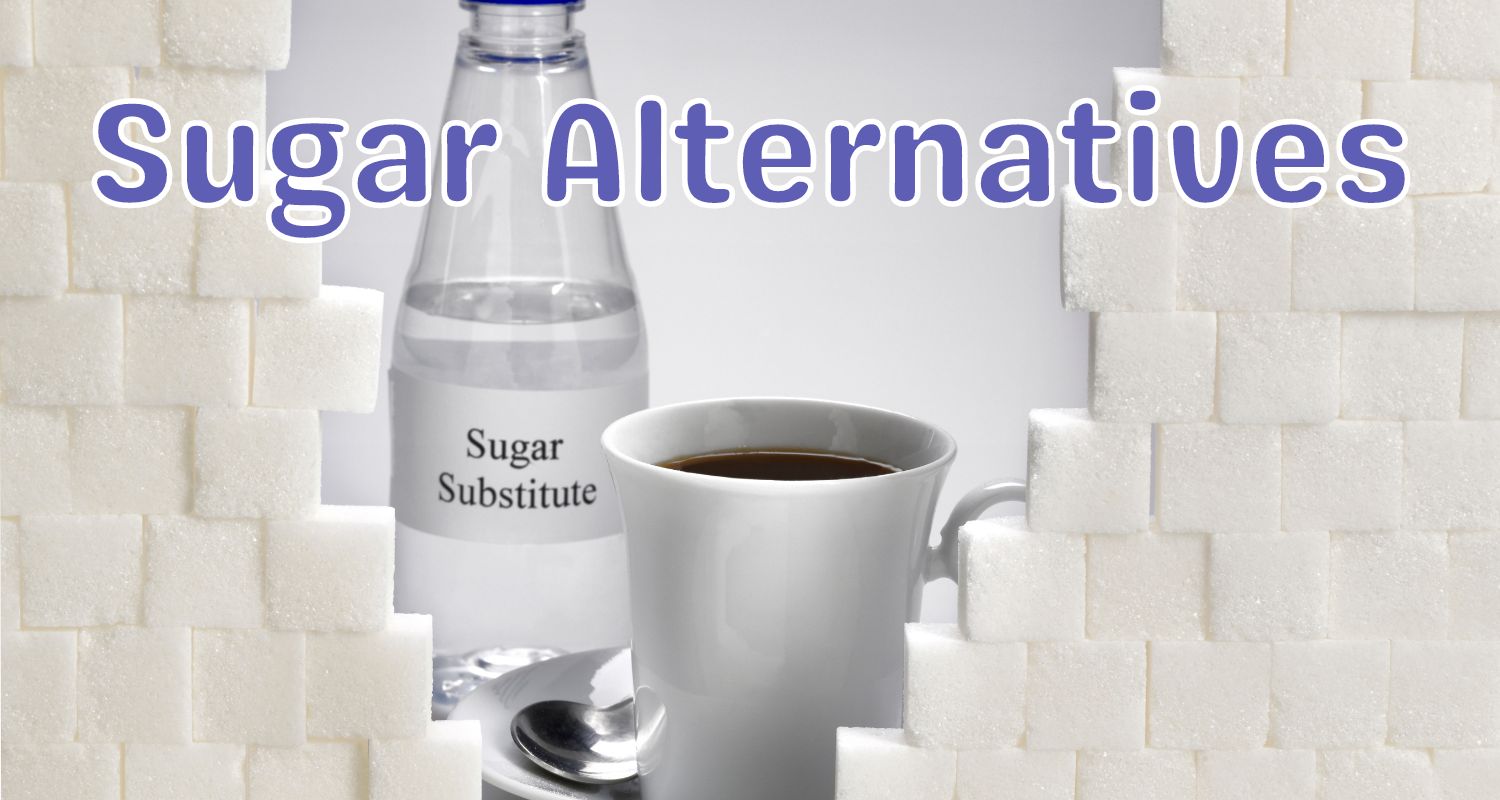Sugar Alternatives by Silvi Honey

Blog image created with Canva

To substitute? Or not to substitute?
Our preparation for this month's #sugarfreeoctober has inspired a spirited discussion on the wisdom of using sugar alternatives. Some feel that natural sweeteners are ok, but artificial are not. The fact that they may be natural does not automatically make them ok. Think of hemlock, belladonna, or poison ivy... they're all natural. Fructose is also natural, but most know what it does to our livers. So, the "natural" component is not a qualifier.
The truth is that even among recognized experts in the keto/low carb space, there is no consensus about sweeteners. Not surprisingly, there is no consensus among my group's members. My goal today is to offer some information so you may decide for yourself.
It all started a few decades ago with the keto movement. "Keto" was (and still is in some camps) a way of eating that *does not raise glucose*. To that end, "anything" that didn't raise glucose was allowed. And we see the results of that approach in protein bars, protein shakes, and various other "keto" products with questionable ingredients.
More recently, we discovered that, yes, raising glucose was not a good thing, but that the real villain was insulin, which spikes in the presence of glucose, but it is not exclusive to glucose. Insulin is released when we eat *anything*, which is why limiting the number of meals and snacks is so important.
Yes, insulin spikes the highest in carbs... but it also spikes in the presence of other *foods*, even zero-calorie foods. In The Obesity Code, Chapter 15, Dr. Fung shares, "Despite having a minimal effect on blood sugars, both aspartame and stevia raised insulin levels higher even than table sugar. Artificial sweeteners may decrease calories and sugar, but not insulin. Yet it is insulin that drives weight gain and diabetes".
More recent studies reveal that insulin may be released *the moment that sweetness is tasted* and may last up to 10 minutes in the "cephalic phase." That's way before your stomach has figured out what it is. And although we are in the early stages of these human studies, animal studies support that finding.
That's why for me, all sweeteners are suspect. And some may choose to disagree. But I wanted you to have some scientific information on which to base your decision.
#Sugar #sugarsubstitute #stevia #Aspertame #cephalicphase #sweetener #insulin #insulinspike #keto
Written by Silvi Honey
Admin, Intermittent Fasting & Low Carb Women on Facebook
Published: October 1st, 2022
Dr. Ken Berry MD

Lies My Doctor Told Me Second Edition
Dr. Jason Fung MD

The Diabetes Code: Prevent and Reverse Type 2 Diabetes Naturally
Dr. Benjamin PhD

Why We Get Sick: The Hidden Epidemic at the Root of Most Chronic Disease - and How to Fight It
Robert H. Lustig MD

Metabolical: The Lure and the Lies of Processed Food, Nutrition, and Modern Medicine

